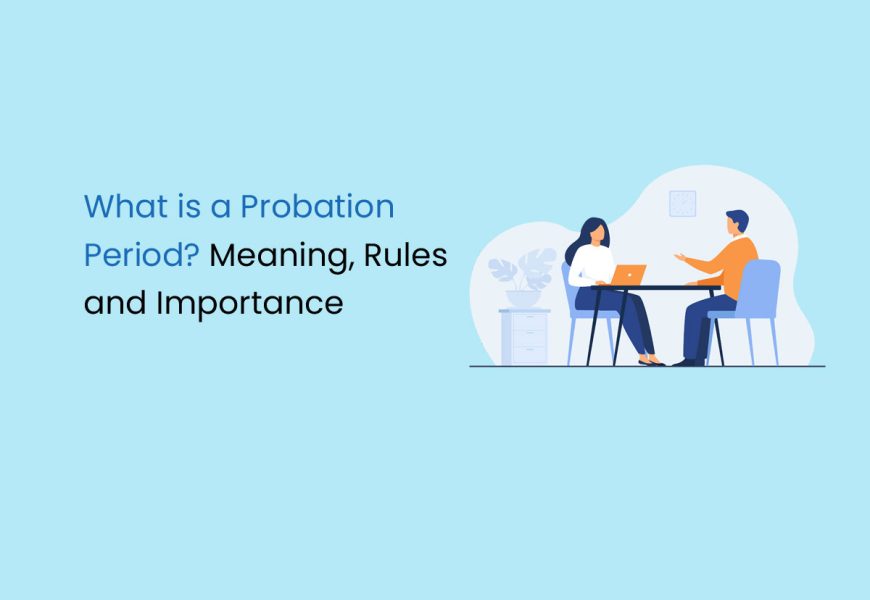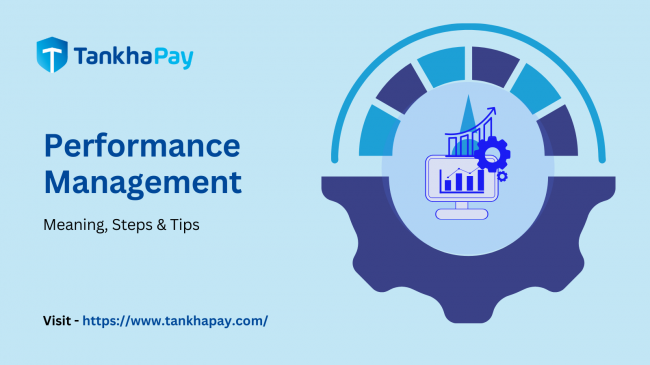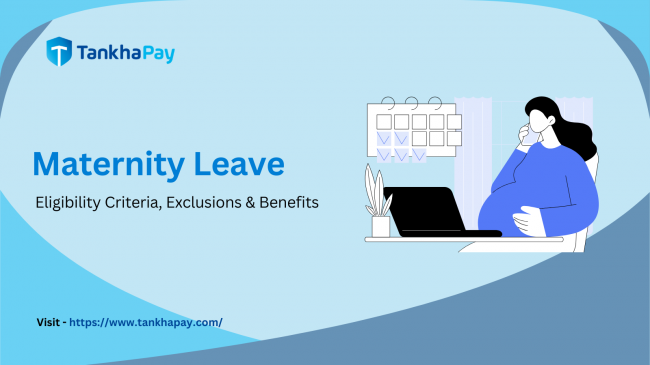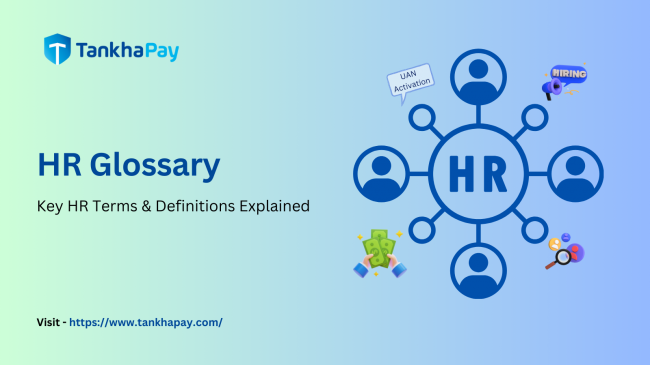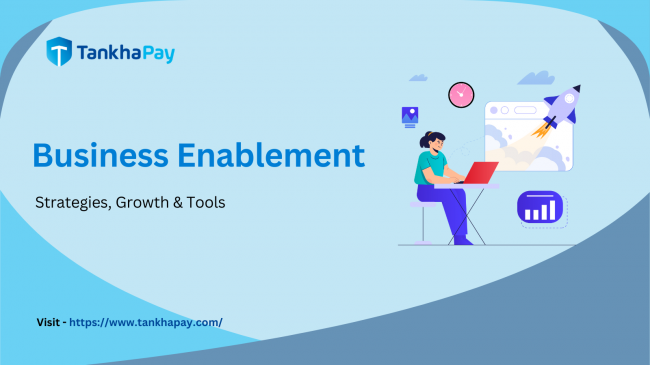Introduction to the Probation Period
Probation period is an important stage for both the employee and employer. It is a trial period during which an employee's performance, skills, and cultural fit in the organization are assessed. The probationary period usually ranges from 3 to 6 months, as industry norms and company policies often dictate.
This is the point where employees must prove their capability and adaptability, while the employer assesses whether the employee hired fits in the expectations of the company. A probationary period that has been successfully passed will usually translate to permanent employment, but poor performance may mean dismissal or probation extension.
Rights of Employees During Probation at Law
Employees on probation are entitled to rights, but this varies depending on the country and company policy. Some of these rights include;
1. Right to Fair Treatment
The employer should treat the probationary employee fairly and should not discriminate or harass the probationary employee in any manner, and they must not indulge in unfair labor practices.
2. Right to Salary and Benefits
Probationary employees are entitled to salary as agreed upon in the employment contract, and in most cases, they will also receive partial or full company benefits, like health insurance, leave policies, and provident fund contributions.
3. Right to Proper Evaluation
Employees are entitled to receive fair and transparent performance evaluations from their employers. The feedback has to be constructive, objective, and timely.
4. Right to Resignation
Employees are allowed to quit the job at the probation period with the notice period that has been specified in the employment contract. However, some organizations have different notice periods according to policies that are less or more.
Expectations of the Employer during Probation
During the probation period, the employers have very well-defined expectations from the newly recruited employees like:
1. Performance and Productivity
Employees are required to demonstrate their skills, productivity, and completion of tasks within the stipulated time. Probationary employees are expected to learn the job in a very short period and make significant improvement.
2. Punctuality and Discipline
Probationary employees are required to be punctual, respect company policies, and be professional. Tardiness or any form of misconduct may lead to summary dismissal.
3. Teamwork and Communication
The employer assesses the ability of an employee to work well with others, communicate coherently, and contribute to a positive environment at work.
Rules Governing Probation Period in India & Other Countries
The probation period rules vary among different countries:
India
The Indian labor laws provide the duration of the probation period that can be for 3-6 months, and in some cases, it can go up to 1 year.
Benefits may be unavailable in parts during probation.
This may vary according to an organization's stated policies.
Probationary Rules under the Act
Industrial Employment (Standing Orders) Act 1946- Certain rules pertaining to probation
United States of America
Probation or probationary services are not compelled by law and is used widely by organizations based on their corporate policies.
Some rights are however given to such employees under US federal employment. These employees of probation are prevented from wrongful discharge.
United Kingdom
It is usually between 3 to 6 months, and it may be extended.
They have the statutory rights which include minimum wage, paid leave, and protection against unfair dismissal.
Other Countries
Some countries, like Australia and Canada, require employers to give valid reasons for termination even during probation.
Countries in Europe are usually strict with labor protections, and so the probationary employee is not dismissed without due process.
Performance Evaluation During Probation
The employer assesses the performance of a probationary employee to decide whether the employee is fit for the job.
KPIs Used for Evaluation
- Quality of Work – Accuracy, attention to detail, and efficiency.
- Adaptability – Ability to learn and take on responsibilities.
- Punctuality and Attendance – Commitment to the work schedule
- Communication Skills – Relations with peers as well as customers
- Problem-Solving Skills – Ability to overcome issues
Performance reviews can be in the form of written reports, supervisor feedback, and self-assessment discussions
Extension of Probation Period: Why and How It Happens
There are instances that companies extend an employee's probation period, due to various reasons such as
1. Improvement Needed in Performances
If an employee is progressing but still has not reached the full expectation, the company can extend the probation period.
2. Project Delays
If a probationary employee was not given enough chances to prove his skills because the projects were delayed, then his probation period would be extended.
3. Poor Training
The company can extend the probation period if it recognizes that an employee was not trained properly and hence needs more time to learn.
If a probation period is extended, the employer must give valid reasons and what is expected from the employee in terms of improvement.
Resignation and Termination During Probation
Resignation During Probation
Employees can resign during probation by serving the required notice period (usually shorter than for permanent employees).
Some companies allow immediate resignation without notice, while others require a formal exit process.
Termination During Probation
Employers are allowed to let an employee go without notice or severance pay if the employee's performance is unsatisfactory, unless the labor laws indicate otherwise.
Some companies hand over a PIP to the employee before sending the employee back home.
Probation to Permanent Employee
If the probation period becomes successful then the employee becomes the permanent employee of the organization. It usually consists of the following:
1. Confirmation Letter
HR will issue an employment confirmation letter about the new status of the employee.
2. Salary Revisions and Benefits
Employees may receive a rise in salary, health insurance, bonus, or other benefits after being confirmed.
3. Long-term Career Advancement
Employees are allowed to seek promotion, transfers, and managerial posts after some time.
Problems Faced during Probation Period
1. Over-expectation
The employees might be expected to deliver much within a short time.
2. Poor Job Description
Some companies fail to prepare or give a job description; hence, employees become confused.
3. Imbalance between Work and Life
The probationary period is trying and affects both the mental and physical well-being.
4. Threat of losing their jobs
Employees may fear losing their job if they do not meet the expectations of the employer.
FAQs on the Probation Period
1. What is Probation Period?
It is a trial period where employers assess the performance of a new employee before confirming them as a permanent employee.
2. Can a Probation Period be Extended?
Yes, an employer can extend probation if improvement in performance is required.
3. Do Probationary Employees Get Benefits?
Some firms provide partial benefits while others provide complete benefits after confirmation.
4. What happens if an employee fails probation?
The employer may end the contract or continue the probation with clear improvement expectations.
Conclusion
It is an important stage in the life of an employee, giving him a chance to prove his skills and adaptability. The proper understanding of rights, employer expectations, and legal protections helps employees to easily go through the process from probationary to permanent status.

